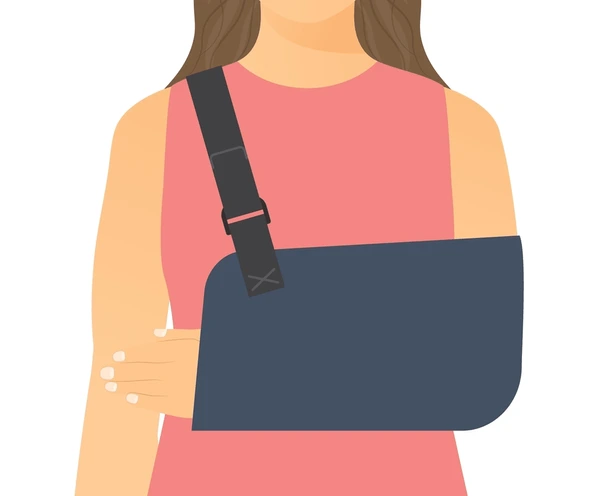Shoulder pain can have a dramatic impact on quality of life. Fortunately, shoulder surgery can remove pain and restore function, but the decision to proceed with shoulder surgery should be made carefully. Here are 5 questions to ask your shoulder surgeon before proceeding with surgery.
- What are the alternatives to shoulder surgery?In my practice, I attempt to maximize conservative approaches before proceeding with shoulder surgery. In fact, most patients I see in my clinic don’t require shoulder surgery. Anti-inflammatories, physical therapy, injections, and education about a condition are all tools that can be used avoid shoulder surgery. For instance, not all rotator cuff tears require repair. Several studies have demonstrated that patients with a rotator cuff tear can have good long-term function after a period of rehab to strengthen the shoulder. Injections such as steroid (cortisone), platelet rich plasma, and even stem cells can be used to provide pain relief. While these don’t heal the rotator cuff, they can often be used judiciously to avoid surgery.
- What is the risk to not performing surgery?The follow-up question to #1 is whether avoiding surgery will compromise the long-term outcome. This is a case-by-case decision, but there is a lot of evidence that can be used to help predict this. For instance, with a partial rotator cuff tear the risk of tear progression is low and attempting conservative treatment for several months does not typically affect the long-term outcome. Conversely, an acute rotator cuff tear (one that occurs after a trauma such as a fall) typically responds better to being repaired within a few months rather than waiting several months to a year. Similarly, for individuals under the age of 30 with a shoulder dislocation, stabilizing the shoulder before repeated dislocations improves the chances of maintaining a stable shoulder and lowers the risk of more invasive procedures.
- What is the expected length of recovery?The recovery from shoulder surgery can be lengthy. Patients should ask how long they will be in a sling, when they can drive, when they can return to work, when they can return to sporting activities, and when they can expect complete pain relief. In the case of an arthroscopic debridement or release of adhesions, this can be a matter of a couple of months. But in the case of a rotator cuff repair or shoulder replacement a sling is required for 4 to 6 weeks and it is typically 6 months before all restrictions are removed. It is important to be physically and mentally prepared for recovery after shoulder surgery.
- How many procedures do you perform every year?You should ask your surgeon what they specialize in and how many of those procedures they have done. Some orthopedic surgeons have only “general” training meaning they completed an orthopedic residency and perform surgeries all over the body. Specialists have completed a fellowship after residency in a particular area and limit their practice to that area. For the shoulder, the pathways are either a shoulder fellowship or a sports medicine fellowship. As I have written about previously, volume is associated with outcome. Several studies have shown that surgeons who perform a procedure more commonly have a lower complication rate and better outcome than surgeons who only perform the procedure occasionally.
- What are the risks of complications and what is your complication rate?A patient considering shoulder surgery should have a good understanding of the risks of the surgery. These can vary considerably. An arthroscopic cuff repair, for instance, has an anticipated complication rate of about 1%. Conversely, the complication rate after a shoulder replacement may be 5 to 10%. Additionally, while volume is important as noted above, complications rates can vary between surgeons. In my practice, we track the outcomes of all our patients, recording their function and complications, so I am able to track my personal complication rate as opposed to simply citing studies. I use this process to both inform my patients and continually improve the outcomes for my patients. As a patient I would want to know both the general complications of a procedure and the specific complication rate for my surgeon.
Getting answers to these questions should help you make the right decision for you. Making sure your comfortable with your surgeon and your procedure, as well as understanding recovery expectations are all important for the success of your procedure.
Similar posts



